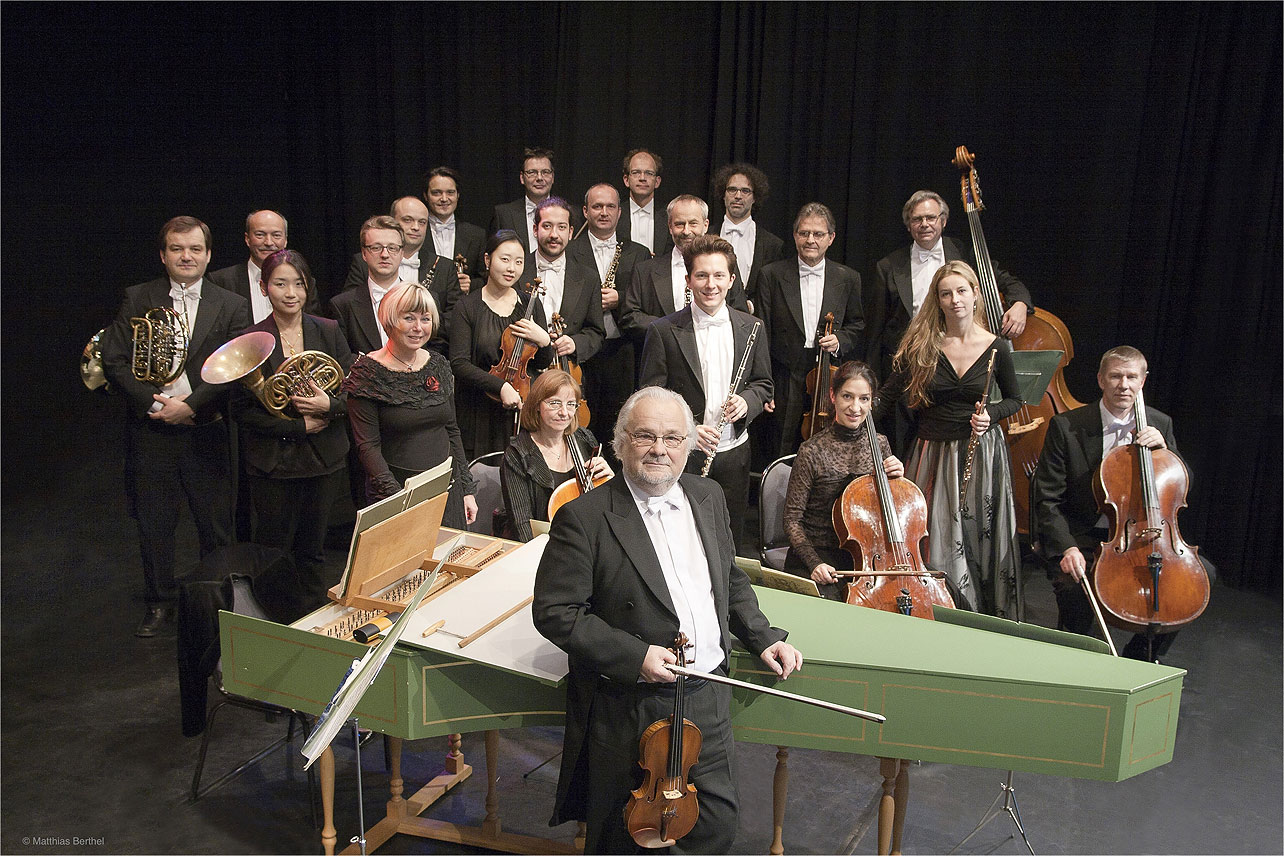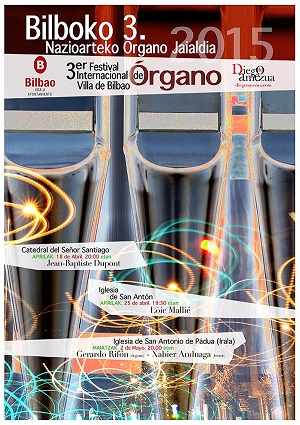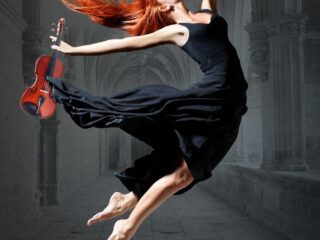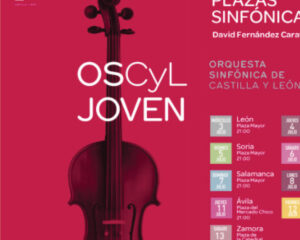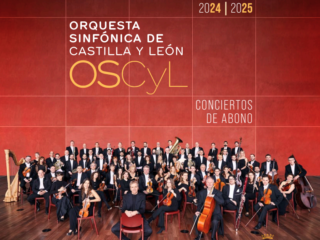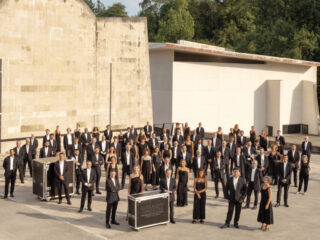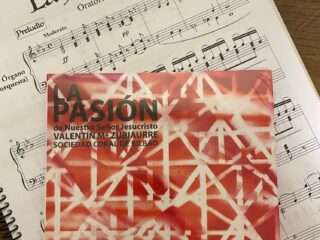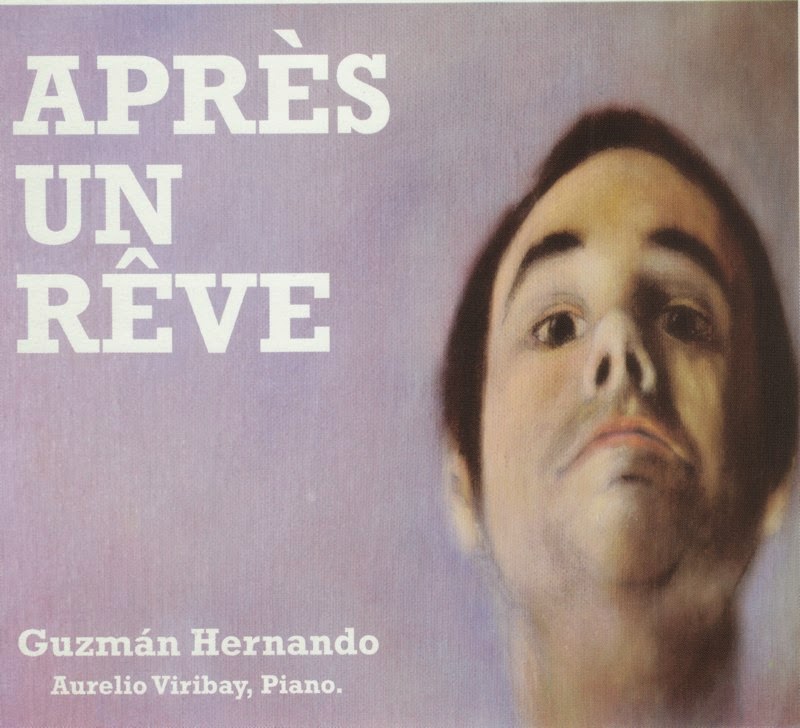
“Un disco personal” es el título de la crítica que Maruxa Baliñas publica en Mundoclásico sobre “Aprés un rêve”, grabado en los Estudios Cezanne de Madrid y producido con el sello Cezanne Producciones. La edición incluye obra de Fauré, Falla, Ravel y Montsalvatge.
En la crítica, que puede leerse íntegramente aquí, Baliñas se refiere en buenos términos al trabajo y destaca particularmente el pianismo del bilbaíno Aurelio Viribay, de quien asegura “me ha sorprendido muy gratamente la interpretación de Aurelio Viribay, un pianista que iguala o supera a Zanetti y Lavilla, quienes son mi referencia para el acompañamiento de Falla o Montsalvatge. Tiene además muchas de las cualidades de Baldwin: flexibilidad, delicadeza, el sometimiento a la voz pero sin renunciar a su dignidad de acompañante”
En Voix des Arts, el especialista Joseph Newsome asegura: “Integral to the tremendous success of this disc is the playing of Mr. Viribay, whose flawlessly attentive support enables Mr. Hernando not only to interact with the nuances of each text on a profound level but also to cast aside concerns about ensemble and follow where his interpretive sensibilities lead. The Gallic sophistication that Mr. Viribay exhibits in his playing of the selections by Fauré, Ravel, and Poulenc is touched by an understated melancholy that highlights the darker colorations that coruscate in Mr. Hernando’s nacreous singing. A native Spaniard’s mastery of music by de Falla and Montsalvatge is not surprising, but Mr. Viribay’s commands of the evocative rhythmic figurations of de Falla’s Siete canciones populares españolas and the distinctive harmonies of Montsalvatge’s Cinco canciones negras are shaped by something deeper than musical compatriotism. His flexible but forceful management of de Falla’s cadences places the Siete canciones populares españolas both in the caves of the Camino del Sacromonte and in the cosmopolitan salons of fin-de-siècle Barcelona and Madrid, and the gritty textures of the Cinco canciones negras are hewn with a sharp musical chisel that unleashes the brooding savagery of the texts. Mr. Viribay neither unimaginatively follows his musical partner nor aggressively leads him: rather, he and Mr. Hernando approach these songs as though performing chamber music. Mr. Viribay’s playing is as attentive to the twists and turns of text and mood as is Mr. Hernando’s unfailingly beautiful singing” La crítica completa puede leerse aquí.
Pronto en Klassikbidea una entrevista al pianista Aurelio Viribay.

